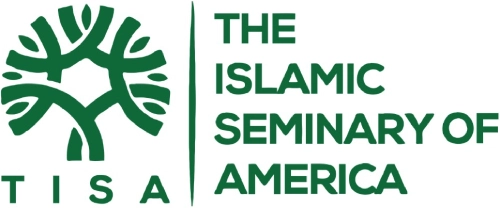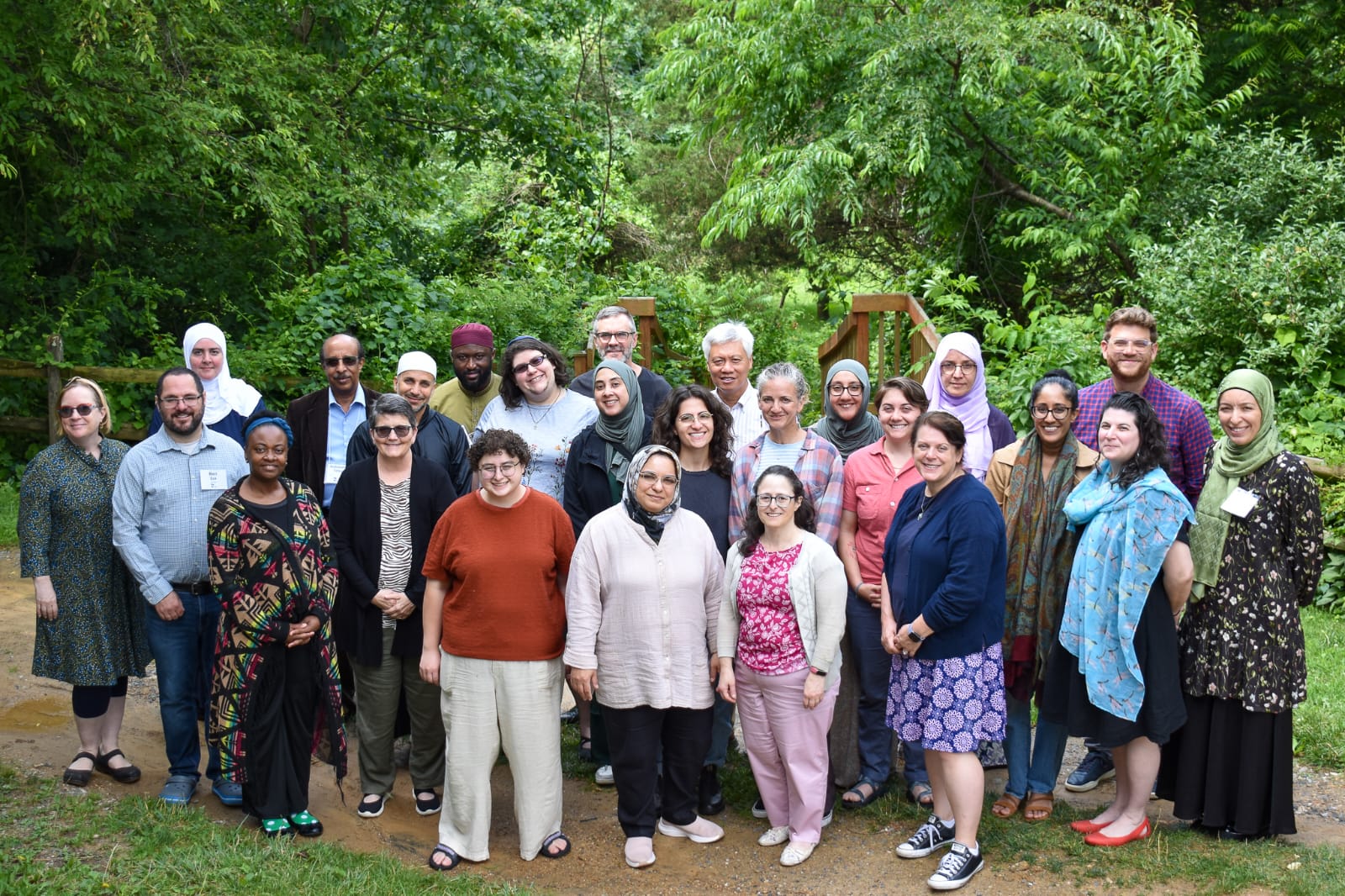This June, I had the opportunity to attend the Emerging Religious Leaders Intensive (ERLI), a week-long residential interfaith immersion hosted by the Institute for Islamic, Christian, and Jewish Studies (ICJS). This thoughtfully structured program brought together Christian, Jewish, and Muslim students training for leadership roles in their communities. What made the experience so impactful was not only the depth of interreligious learning, but also the spirit of connection, curiosity, and care that shaped our time together.
Over the course of five days, I came to see that human-to-human connection through honest dialogue and shared experiences is essential to building understanding between people of different faiths. We didn’t just learn about each other’s beliefs, we explored the heart of what drives our respective faiths. Through small group study, lectures, and offsite experiences, we engaged in meaningful discussions on everything from sacred texts and worship practices to social justice, theology, and the challenges our communities face.
The program was both well-structured and intentionally spacious, a balance that allowed for deep reflection, personal conversations, and organic moments of connection. Activities like walking together during the retreat, informal meals, and collaborative exercises helped us break down barriers and build trust. I was especially moved by the way we were encouraged to listen with empathy, speak with honesty, and make space for complexity. We didn’t shy away from hard topics, we faced them together, with sincerity and respect.
Each faith tradition was thoughtfully represented, with equal participation from both faculty scholars and attendees from the Muslim, Christian, and Jewish communities. Two scholars from each tradition guided us through meaningful conversations on theology, social justice, personal faith journeys, and communal struggles. These heart-to-heart exchanges helped us move beyond surface-level understanding to genuine connection and mutual respect. One of the most powerful moments for me was hearing fellow participants share personal stories of resilience and spiritual calling, reminding me that our differences don’t divide us; they deepen our shared humanity. We also discussed the core beliefs and values of each tradition and engaged in honest conversations about the internal challenges we face within our own communities.
I left the workshop motivated to stay engaged in interfaith work. We didn’t just make friendships, we made plans: concrete ideas for how to carry this spirit of dialogue and collaboration back into our own neighborhoods and institutions. The ERLI experience showed me that the future of religious leadership depends on our ability to work across lines of difference to lead with humility, curiosity, and courage in an increasingly diverse world.
For anyone preparing for leadership in faith communities, I truly believe this kind of immersive interfaith experience should be essential. Not only does it expand our understanding, it transforms how we see one another and what’s possible when we come together.
|

